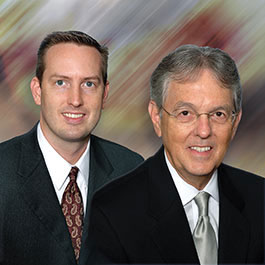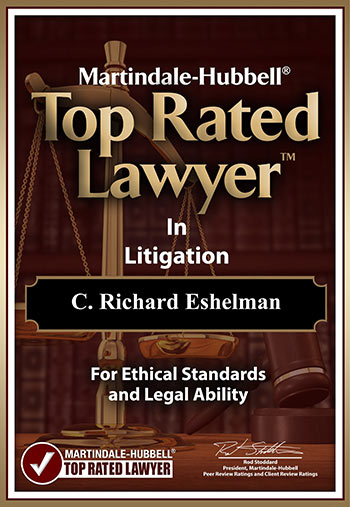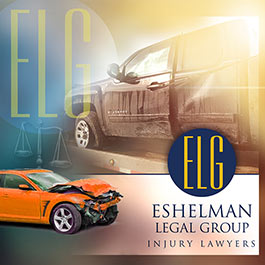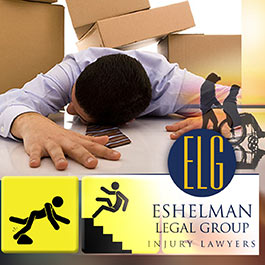Effects Of Spinal Cord Injuries
The effects of spinal cord injuries depend on the type of injury and the level of the injury. Spinal cord injuries can be divided into two types of injury — complete and incomplete. A complete injury means that there is no function below the level of the injury; no sensation and no voluntary movement. Both sides of the body are equally affected. An incomplete injury means that there is some functioning below the primary level of the injury. A person with an incomplete injury may be able to move one limb more than another, may be able to feel parts of the body that cannot be moved, or may have more functioning on one side of the body than the other. With the advances in acute treatment of spinal cord injuries, incomplete injuries are becoming more common.
The level of injury is very helpful in predicting what parts of the body might be affected by paralysis and loss of function. Remember that in incomplete injuries there will be some variation in these prognoses. Cervical (neck) injuries usually result in quadriplegia. Injuries above the C-4 level may require a ventilator for the person to breathe. C-5 injuries often result in shoulder and biceps control, but no control at the wrist or hand. C-6 injuries generally yield wrist control, but no hand function. Individuals with C-7 and T-1 injuries can straighten their arms but still may have dexterity problems with the hand and fingers.
Injuries at the thoracic level and below result in paraplegia, with the hands not affected. At T-1 to T-8 there is most often control of the hands, but poor trunk control as the result of lack of abdominal muscle control. Lower T-injuries (T-9 to T-12) allow good truck control and good abdominal muscle control. Sitting balance is very good. Lumbar and Sacral injuries yield decreasing control of the hip flexors and legs.
Besides a loss of sensation or motor functioning, individuals with spinal cord injuries also experience other changes. For example, they may experience dysfunction of the bowel and bladder. Sexual functioning is frequently affected: men with SCI may have their fertility affected, while women’s fertility is generally not affected. Very high injuries (C-1, C-2) can result in a loss of many involuntary functions including the ability to breathe, necessitating breathing aids such as mechanical ventilators or diaphragmatic pacemakers. Other effects of SCI may include low blood pressure, inability to regulate blood pressure effectively, reduced control of body temperature, inability to sweat below the level of injury, and chronic pain.
A person can “break their back or neck” yet not sustain a spinal cord injury if only the bones around the spinal cord (the vertebrae) are damaged, but the spinal cord is not affected. In these situations, the individual may not experience paralysis after the bones are stabilized. When a spinal cord injury occurs, there is usually swelling of the spinal cord. This may cause changes in virtually every system in the body. After days or weeks, the swelling begins to go down and people may regain some functioning. With many injuries, especially incomplete injuries, the individual may recover some functioning as late as 18 months after the injury. In very rare cases, people with spinal cord injuries will regain some functioning years after the injury. However, only a very small fraction of individuals sustaining spinal cord injuries recover all functioning. Currently there is no cure for spinal cord injuries. There are many researchers attacking this problem, and there have been many advances in the lab. Many of the most exciting advances have resulted in a decrease in damage at the time of the injury. Steroid drugs such as methylprednisolone reduce swelling, which is a common cause of secondary damage at the time of injury. The experimental drug Sygen® appears to reduce loss of function, although the mechanism is not completely understood.
If you or a loved one has been a victim of negligence, a defective or dangerous product or medical malpractice resulting in a serious spinal cord injury, please contact the Eshelman Legal Group immediately for a free consultation. Once we determine that you have a case, we will work diligently to get you the highest level of compensation we possibly can.
We understand the devastation spinal cord injuries can bring to an individual’s life. The endless pain and suffering, loss of income, life time medical bills and cost of assistive devices and modifications to the home. And, that doesn’t even include the emotional toll an injury of this severity takes not only on the victim, but on their family as well. Let our dedicated, professional staff give you the compassionate and aggressive representation you need and deserve.
Call: 1-800-365-0001
The Conclusion
The attorneys at the Eshelman Legal Group understand that no matter how cautious you are, others may not be so careful, and accidents do happen. So we hope you don’t need to, but if you are in a situation where you need the advice of an personal injury attorney, the Eshelman Legal Group is here to help you. For over 40 years we have been assisting accident victims, and we are here to assist you too... because “We’ll make things right.”
Ask yourself this question… who does the adjuster work for? The adjuster works for the insurance company, they do not work for you.
In all matters involving personal injury it is essential that measures be taken promptly to preserve evidence, investigate the accident in question, and file a lawsuit prior to the deadline imposed by the Statute of Limitations. If you or a loved one is a victim of personal injuries, call Eshelman Legal Group LLC, now at 1-800-365-0001. The initial consultation is free of charge, and if we agree to accept your case, we will work on a Contingent Fee basis, which means we get paid for our services only if there is a monetary award or recovery of funds. Don’t delay! You may have a valid claim and be entitled to compensation for your injuries, but a lawsuit must be filed before the statute of limitations expires. The above is not legal advice. That can only come from a qualified attorney who is familiar with all the facts and circumstances of a particular, specific case and the relevant law. See Terms of Use.





